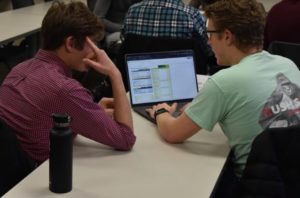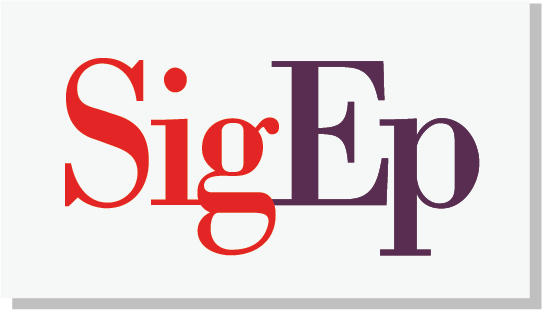Rising Student Loan Debt
As time has passed, college education has gotten exponentially more expensive in the United States. Many, if not most, college graduates come out with a degree and a considerable amount of debt. Experian estimates that the average student in the United States is estimated to graduate with approximately thirty-five thousand dollars of debt. Essentially, most people that pursue their goals of attaining a higher education are being punished. Forced to live in the “real world” with a crippling tower of debt. Because many college students cover the majority, if not all, of their own college expenses, it is crucial that they learn how to budget their money. Unfortunately, only 43% of college-aged students create a budget. According to the Des Moines Register, 63% of Iowa college graduates have an average student loan debt load of $29,859. This is the 20th highest average student loan debt in the nation. After high school, some students must figure out how they can afford the expenses that accompany the independence of living alone, and learning how they can support their college education without borrowing a significant amount of student loans. It is crucial for students to gain a deeper understanding of how they can go about paying off student loans. They should consider interest rates, different payment programs, and how to consolidate their loans. Consolidating is when you add the existing government student loans and/or personal student loans into the newly acquired student loans while taking on a lower interest rate. This can save students thousands of dollars, and they could get their student loans paid off sooner. This allows them to work toward other financial goals. Personal finance and related skills play an essential role in every person’s life. I believe budgeting is a tool that you need to gain at a young age, but not everyone learns this. As an aspiring financial advisor, I understood that I had a talent and passion I could share that would not only allow me to grow closer to the men in my chapter, but it would also allow me impact their lives.
Budgeting with the Brothers
 Thus began the pursuit of a position in which I could offer these skills. Through hard work and recognition from my brothers, I was elected Vice President of Finance for SigEp; I wanted to provide the opportunity to help Brothers with their skills and understanding of personal finance. Too often we hear students ask, “where does my money go?” This boils down to a matter of budgeting. Ultimately, there are three things you can do with money: save it, spend it, or give it. Effective budgeting begins with two things. Purpose and a step-by-step program for keeping track of your money. This program breaks down into three subsections. Using my financial knowledge, I began developing budgets with something known as a zero-based budgeting tactic. Essentially, this means you factor in all your expenses, debt, and savings. Allowing the sum of those expenses to equal your monthly income.
Thus began the pursuit of a position in which I could offer these skills. Through hard work and recognition from my brothers, I was elected Vice President of Finance for SigEp; I wanted to provide the opportunity to help Brothers with their skills and understanding of personal finance. Too often we hear students ask, “where does my money go?” This boils down to a matter of budgeting. Ultimately, there are three things you can do with money: save it, spend it, or give it. Effective budgeting begins with two things. Purpose and a step-by-step program for keeping track of your money. This program breaks down into three subsections. Using my financial knowledge, I began developing budgets with something known as a zero-based budgeting tactic. Essentially, this means you factor in all your expenses, debt, and savings. Allowing the sum of those expenses to equal your monthly income. 
I worked with my exec team to incorporate a way to further implement my skills into the position I had received. At the beginning of the semester, I set a personal goal to educate 25 of my peers on personal finance. A couple of months ago, I had my own booth, “Personal Budgeting” at a professional development workshop. During the two hours of the workshop, I helped ten people create their first budget. This budget acted as the first step on their path to financial freedom. While using my talents to benefit others was already gratifying, the experience heightened as I began hearing about individuals’ background stories. I learned of both their short and long-term financial goals. It was at this point that I realized we are all just college students. I wanted nothing more than to help those around me enjoy the freedom of living a debt free life as soon as they could. It is my belief that with my budgeting skills and diligence from those I advise, we can take steps forward. Fostering both our personal relationships and our futures of financial freedom.
 Meet the Author
Meet the Author
Michael Paul Donnan ’21
Finance & Real Estate Major
VP of Finance







